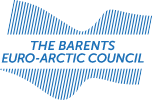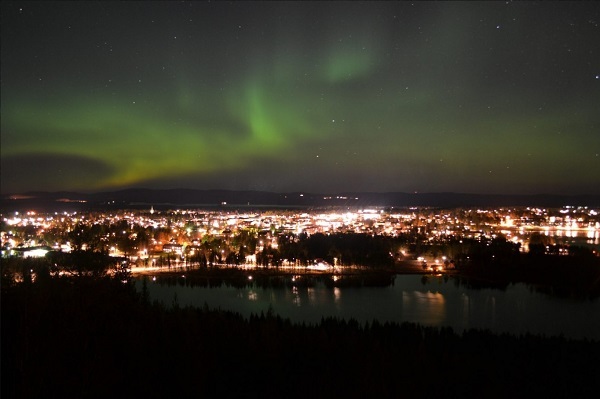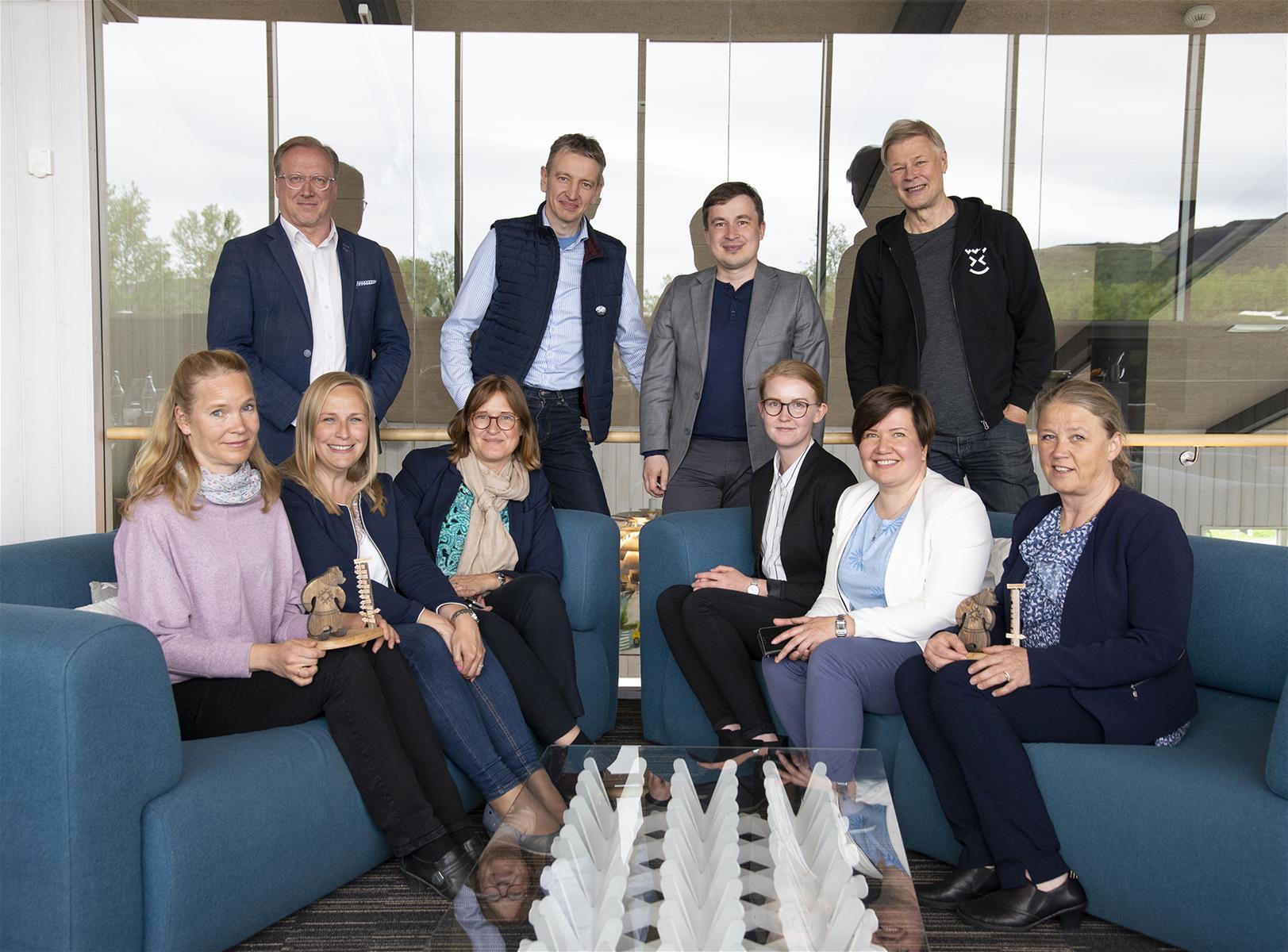The tourism industry employs many people and thus provides income and welfare. This is important especially in sparsely populated areas, where tourism is sometimes the only developing source of livelihood.
The Working Group on Tourism was established to develop the tourism industry in the Barents Euro-Arctic Region and to promote ecologically, socially and culturally sustainable tourism. In practice, this means promoting multilateral cooperation and joint projects, networking and exchanging information and best practices.







